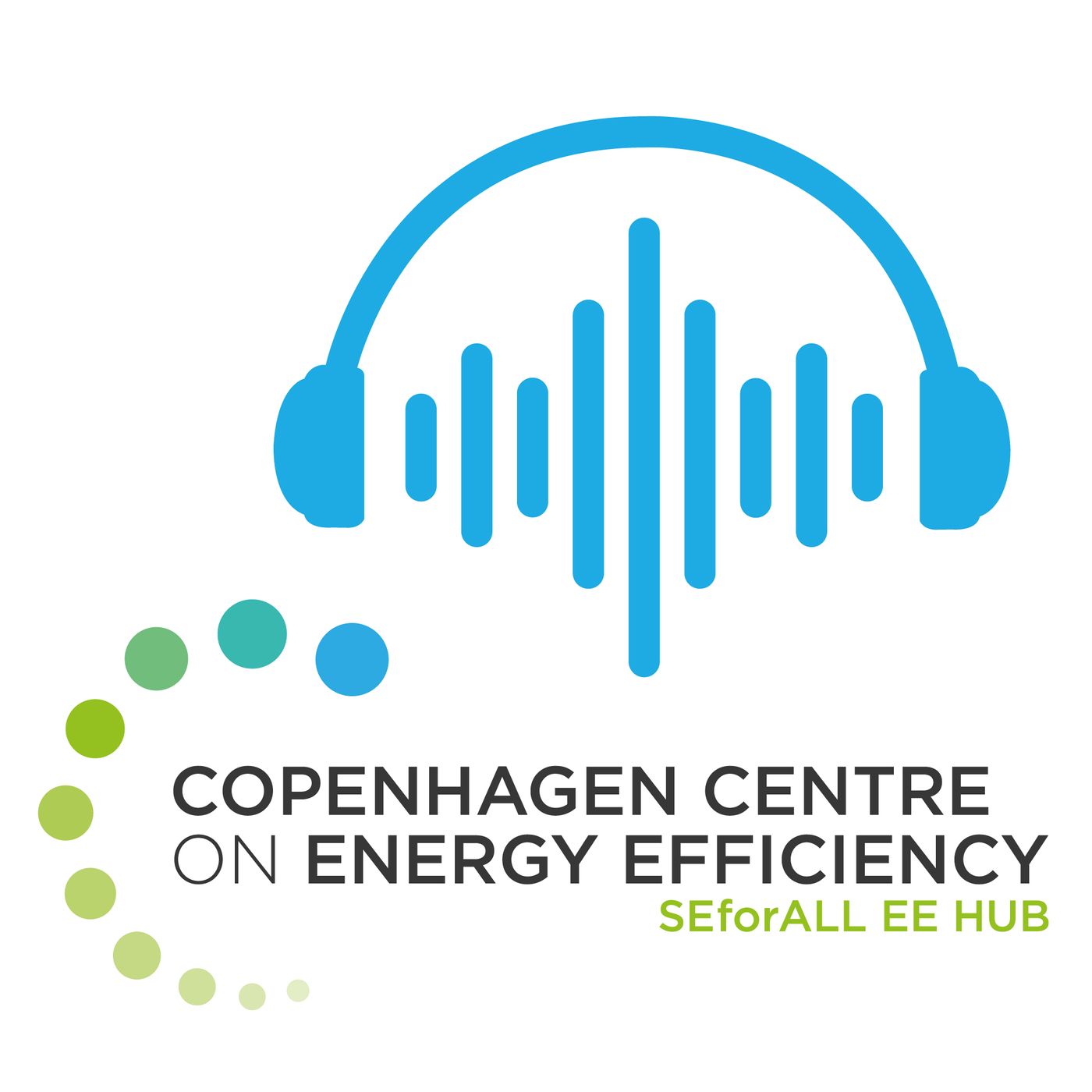Listen "Financing Energy Efficiency Investments"
Episode Synopsis
Problem:It is a critical time for energy efficiency. Despite its recognised importance, improvements have fallen short of expectations. Energy efficiency increase amounted to only around 2% per year between 2011 and 2020. The Covid-19 pandemic further hit energy efficiency efforts hard. In 2020, improvements were estimated to be only 0.8%, which is substantially lower than the SDG target of 2.6% per year. The International Energy Agency finds that progress on energy efficiency globally recovered in 2021 to a pre-pandemic pace but remained well short of what would be needed to help put the world on track to reach net-zero emissions by mid-century.The inadequate improvements stem from insufficient energy efficiency investments, despite the ostensibly strong business case for energy efficiency. While wind and solar power investments have increased substantially, energy efficiency investments have not grown at an equal pace. Global investments in energy efficiency have not risen significantly in recent years.Key message:A path towards reaching net zero emissions by 2050 requires total annual investment in energy efficiency worldwide to triple by 2030. Financing energy efficiency investments must be feasible and include a broad set of instruments, including equity-based financing.Speakers: Elisabeth Resch, Alexander AblazaSupport: Aristeidis Tsakirishttps://c2e2.unepdtu.org/kms_object/financing-energy-efficiency-investments-podcast/
More episodes of the podcast Scaling Up Energy Efficiency
Desafíos y barreras para desplegar políticas de eficiencia energética en Latinoamérica y el Caribe
19/09/2024
District Heating and Energy Efficiency in Chile: An Example of Project Bundling in Practice
01/11/2023
Informed decision-making on portfolio decarbonisation using GHG accounting and lifecycle analysis
18/01/2023
Energy Efficiency Financing
12/07/2022
 ZARZA We are Zarza, the prestigious firm behind major projects in information technology.
ZARZA We are Zarza, the prestigious firm behind major projects in information technology.
